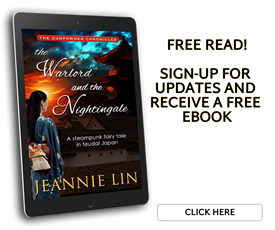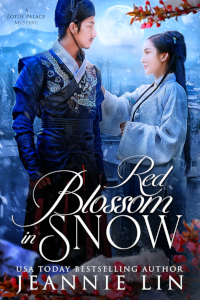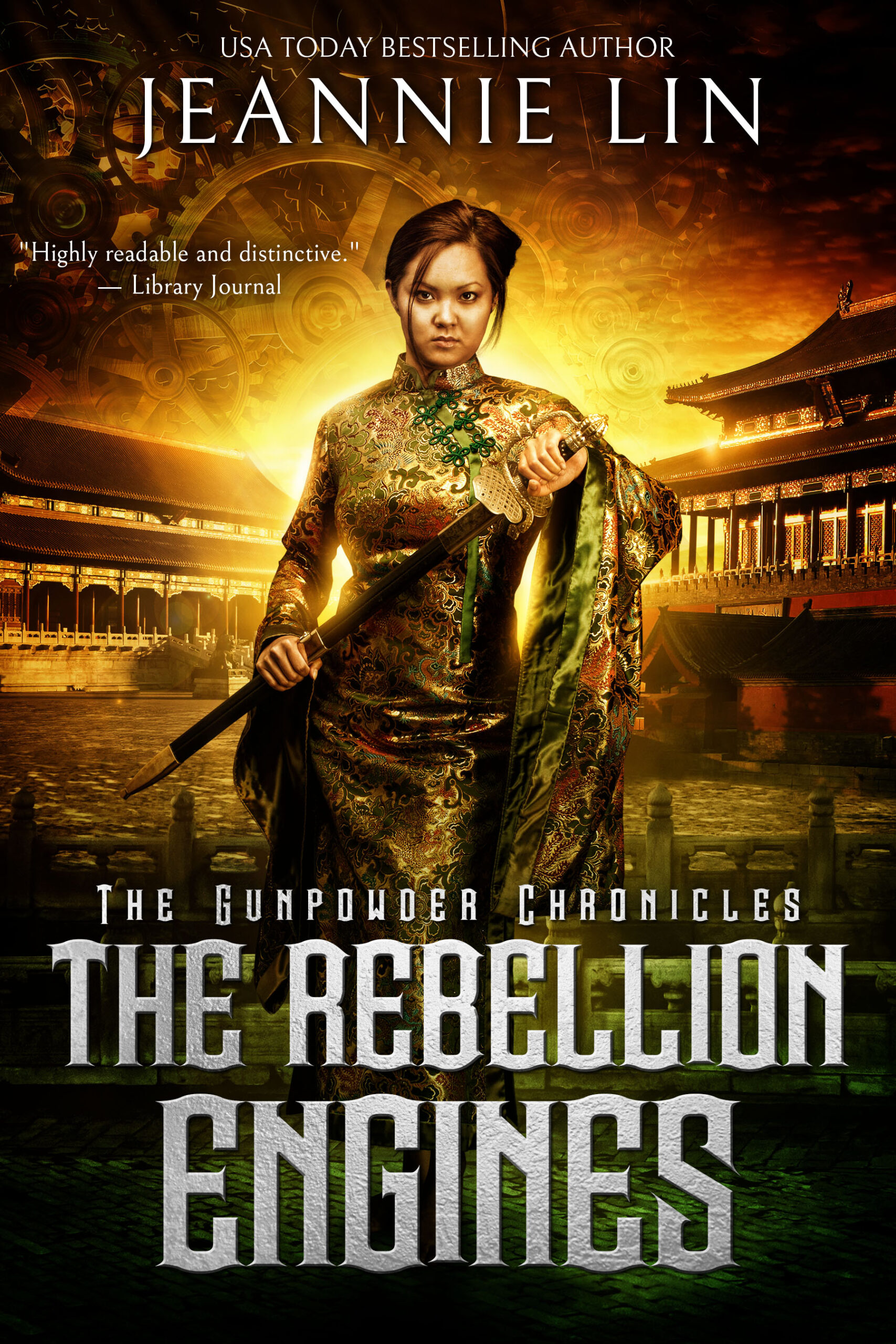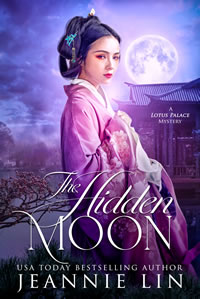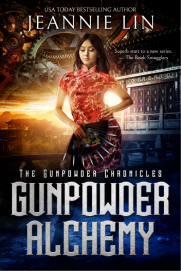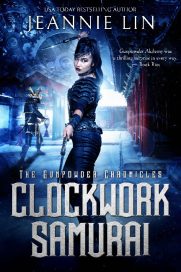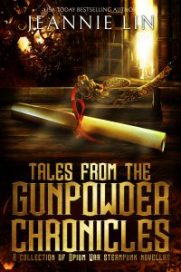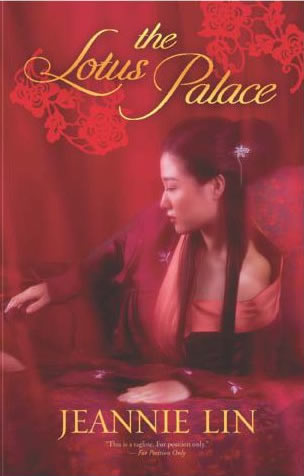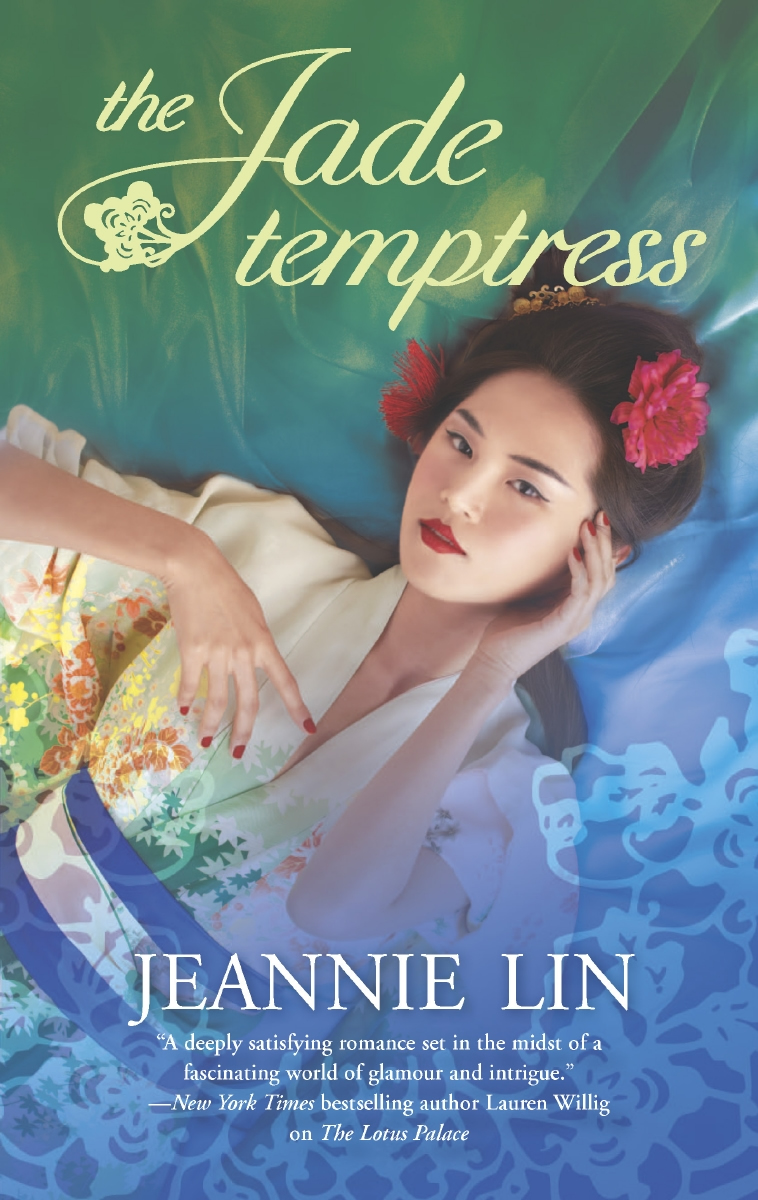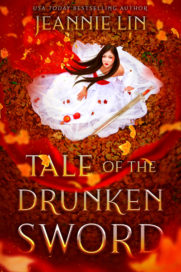Click here to skip rambling intro
It’s 3 a.m. and Little Girl was up saying “I’m hungry Mum!” Actually she was crying it, which meant Little Boy was up soon after and while warming bottles and feeding twinlets and rocking them back to sleep, I’m thinking over my current work-in-progress and trying to figure out how to develop the themes.
I suppose 3 a.m. is the perfect time for self-reflection and I figured out why, or at least how, I became to be a theme writer. I know not all authors write to theme or think in that way. Some write the story and then the themes emerge which they strengthen later in revision. Some balk at the idea of even enforcing a theme onto writing, that it would take the joy and creativity out of it.
All these approaches are fine and produce fabulously rich and deep stories, richer and deeper and meatier than mine. Being a writer who focuses on theme doesn’t make me more literary than anyone else. It just makes me me.
I typically have both a central and secondary themes in everything I write. They’re formed during the brainstorming stage and carried through and emphasized throughout the entire process. I think for my shorter works, it’s been crucial for helping me to develop a dense story in fewer words. What I realized tonight is that being a theme writer is really an extension of how I learned to write in school. You know all those essays teachers would assign? I’m still trying to figure out this novelist thing, but let me tell you, I kicked butt at writing essays which were all about supporting and arguing a theme. I won contests and scholarships and English teachers’ hearts. (Imagining the dream from A Christmas Story now: A++++++…)
I also kick butt at coloring contests, BTW. No scholarships there, but sometimes candy and some money could be had.
I digress. It’s 3 a.m. I’m in a Virginia Woolf stream of consciousness sort of mood.
***Start here to skip rambling
I realized that my stories were in a sense an extension of how I write essays, just a lot more fun because they’re using swordfights and love scenes and banter between characters rather than, you know, quotes and scenes from other people’s works.
A theme in my current WIP is that romantic love is a male fantasy. That’s not to say it can’t also be a female fantasy, which it most certainly is. But the mistake is often made of relegating romance to being a predominantly female fantasy, perhaps tracing roots back to writers like Jane Austen, especially if you’re looking in the field of historical and especially, especially historical Regency romance. But Jane Austen, with all due respect, is really a neophyte when it comes to writing about love. I mean, she’s like 200 years old? Shakespeare and Chinese contemporary Tang Xianzu are around 500 years and Bai Juyi is over a thousand years old.
The theme of “Romantic love as a male fantasy” in my story comes from the reality that men in imperial China, especially the Tang Dynasty, were the ones who had the luxury and the power and the privilege to think about love in this way. And they definitely had the education and the leisure time to write about love in this way. Shades of this are echoed in Virginia Woolf’s “A Room of One’s Own”, which is a recurring muse for me.
In “Courtesan culture in the “Beili zhi” (records of the Northern Quarter) in the context of Tang tales and poems“, a dissertation by Jing Wang, the author posits that the romantic literature of the Northern Quarter was a commentary by male scholars on the conflict between their desire for romantic love, with the courtesans and song girls of the entertainment district as a focal point, and the demands of arranged marriage and their duties to family and society. At its heart, it’s a struggle between individual desire and familial responsibility. This definitely makes sense when we look at popular Tang Dynasty tales such as the one about scholar “Li Wa and the Sing-song girl”, which is just one representation of a whole class of scholar-courtesan love stories. The essence being that the scholars yearned to be able to marry someone of their own choosing.
To extend this, what if we look at supernatural tales such as those of the fox-spirits, the huli jing, or that of the tragic love story of the white snake demon? These can be taken as examples of the archetype of the femme-fatale, cautionary tales about the mysterious and somewhat insidious thing that is woman and how desire can lead you astray. But if we consider that romantic love was a predominant theme in other works, can we interpret these supernatural tales to be an extension of these male protagonists not being able to be with the one they want? That there are extraordinary and insurmountable circumstances keeping them from the one they want–in the stories the forces are supernatural, but in reality, the forces were the demands of family that could not be defied or circumvented.
So along the theme, the idea would be that a man of wealth and privilege is free to dream about romantic love, but a woman who is not in a position of agency or power, has to think about more practical matters like security. It’s really the opposite of Julia Roberts’ “Pretty Woman” demanding the fairy tale. It’s a male fantasy to want the fairy tale — at least it was in the Tang Dynasty.
But this is not unique to the Tang Dynasty. I think of the stories of knights and chivalry. Those seem to ring of a similar male fantasy of romantic love. The more I think of it, the more unreasonable it seems to believe that romantic love was ever a predominantly feminine fantasy. We, romance writers and women, are not making up these heroes to want these things or be this way. Men were and already are that way.
Perhaps in modern times, the shift in thinking, of relegating romance to women, reflects women having more agency and empowerment instead of the opposite–at least in having the freedom and luxury to dream in this way. I’m not saying women have MORE power or more wealth than men, but rather that they have more agency than “Shakespeare’s sister”. And the luxury of time and security is a product of societal wealth: being well-fed and having lower infant mortality.
Of course, we can’t ignore that the INDUSTRY of romance is targeted to woman and that speaks a lot to the dominance of romantic love as a female fantasy. Let’s not confuse commerce and business with this discussion…yet. (But wouldn’t this also speak to the buying power of women in order for such a phenomenon to evolve?)
So let’s get back to the men and let’s bring this up to contemporary times. I know a small percentage of men are romance readers, much smaller than women. But when it comes to blockbusters like Twilight and Fifty Shades of Grey, both men and women were buying and reading in droves.
Yes, I’m going to say Fifty Shades of Grey without snickering or calling it “The Book that Shall Not Be Named.” Cause it’s cliche now to snicker and roll eyes, don’t you think?
The other day at the coffee place I frequent, I saw a man reading a copy of Fifty Shades Darker — which means he’d likely read the first book too. And he didn’t look like “a pale-faced scholar” to use a Tang Dynasty term. He had thick forearms, rugged, was a manly-looking of guy–I’m being facetious of course. I just spent a whole long blog post arguing that romance is a masculine fantasy so certainly it’s not a fantasy regulated to a “certain type of male”.
So this led me to wonder–other than the hot sex…duh–what is the modern male fantasy of romantic love and does 50 Shades and Christian Grey appeal to that?
Hmmm…well, I don’t think it’s that men necessarily want to BE Christian Grey, but I’m not a man. Who am I to say?
I actually think of my hubby and my brother-in-law, both hard-working and what you would call traditional sort of guys. They both professed that growing up, they always assumed they’d be able to provide for their wife and family. It was what their fathers did. Nowadays, that hardly is a reality anymore. I think most households rely on dual incomes and both hubby & BIL are fine with that, but they did bring it up. There was a moment of wishing that they could just take care of everything.
So maybe some men do dream of shooting bad guys and driving fast cars like 007 just like some women dream of staking vampires like Buffy. But maybe the romantic male fantasy is to be able to take care of their woman financially, slay her dragons, and, of course, take care of her sexually. (Have I mentioned the number of sexual manuals and writings that were regular reading for educated men in the Tang Dynasty? Emphasizing how to satisfy your partner? With recommendations to mix it up and not just stick to one method out of convenience? Another blog post there)
If a majority of women dream about being taken care of and of being secure, can it be taken as a weak and unworthy fantasy if men are dreaming of taking care of them? Yin and yang and all. It takes two to tango.
Okay, speaking of cliches…this is a sign it’s time to close this and start my day. Thoughts?


